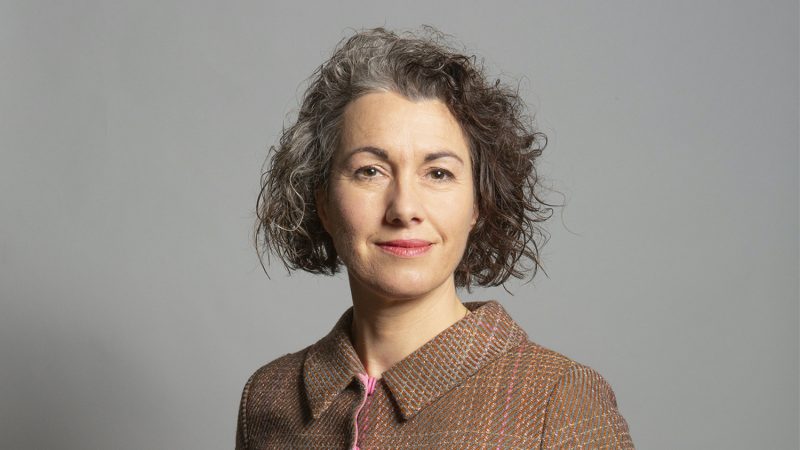
Every time I speak to children in schools, I’m taken aback by their focus on mental health support and the importance of it being readily available. With half of all mental health illnesses developing before the age of 14, it’s no wonder that this is so important to young people. Shockingly, one in ten children today have a clinically diagnosable mental health problem, yet they are not able to access the support they desperately need.
Following 12 years of Tory austerity, our health service has been absolutely decimated. I’ve spoken with children and their families in my constituency who have waited three to four years to be referred to child and adolescent mental health services (CAMHS) or to have neurodevelopmental assessments. These extraordinary delays are taking huge tolls on children’s mental wellbeing, affecting their education and social lives.
Counselling is particularly vital for those who have been affected by adverse experiences in their childhood. The recent report by the independent inquiry into child sexual abuse (IICSA) highlighted the horrifying scale of abuse within the UK, with current estimates indicating that one in six girls and one in 20 boys experience child sexual abuse before the age of 16.
In Rotherham alone, more than 1,400 children were groomed and abused by organised gangs within a 16-year period. The trauma and detrimental impact that has had on young girls and boys in our community cannot be underestimated. It is absolutely crucial that those affected are believed and are offered genuine help.
Sadly, as IICSA demonstrated, the institutional responses to children reporting their abuse often compounded the harm to their mental health, largely due to the inadequate provision of support and counselling. We cannot allow children to experience some of the most horrendous violence and then be further failed by mental health services that are not fit for purpose and have not been prioritised for far too long.
Of course, part of the solution is funding. If the government is serious about addressing the deficit in mental health care in the NHS, it must urgently increase mental health spending, ring-fence budgets and increase the proportion of the budget spent on children and young people. At the moment, just 8% of mental health budgets are spent on children and young people.
However, more can be done within schools to address these issues too. Labour are leading the way with policies that would make a hugely positive difference when elected, including recruiting more mental health staff, placing specialist mental health support in every school and establishing mental health hubs for young people in every community – open to under-25s with no need for referral.
We can go even further – by ensuring teachers in schools are able to support their pupils by spotting the signs of mental health problems early and referring them to help wherever possible. My legal change in 2017 made age-appropriate relationship, sex and health education (RSHE) mandatory in all schools. This provides the perfect opportunity for engaging and meaningful conversations in the classroom with the goal of children being able to go to their teachers for support. However, teachers have had little to no training in the roll-out of these challenging lessons. I have continued to urge the government to invest in our schools to ensure RSHE is as effective as possible, including lessons on mental wellbeing, but so far, I have seen no improvements.
RSHE is invaluable for preventing abuse, with lessons about consent and healthy relationships, but also for educating both teachers and pupils on identifying a problem early, such as mental health issues, and intervening before it is too late.
We know that prevention and early intervention will not only save lives, but will also cost far less – so why won’t the government listen to Labour and provide the resources needed to help children? It is not inevitable that mental health will be a barrier in a child’s life. It is not inevitable that abuse will take place. We can ensure that children are listened to, treated with respect and supported – but there’s a long way to go.




More from LabourList
Majority of Labour members oppose government’s anti-migration measures
‘First past the post is corroding trust in politics. The government must make all elections fit for the future’
‘Hope starts young: Why Labour must tell the story of a better tomorrow’